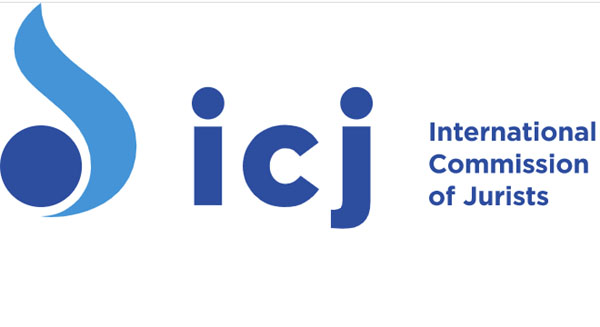Government urged to guarantee citizenship rights of minorities
KATHMANDU, AUGUST 7
Nepal’s denial of human rights protection and government service to non-citizens makes the establishment of citizenship particularly important, especially for marginalised and disadvantaged people, reads a report released by the International Commission of Jurists yesterday.
According to the report on Human Rights and the Rule of Law in a Federal Nepal, which incorporates the findings of a high level mission undertaken by the ICJ in December 2019, one area of concern raised frequently during the mission was the gap in both constitutional protection and enforcement, relating to intersecting issues of statelessness and gender inequality.
Despite a clearly worded constitutional provision guaranteeing ‘equal lineage rights without gender based-discrimination,’ the government continues to enforce a highly discriminatory policy of denying citizenship to children born to Nepali mothers and foreign (or unidentified) fathers. “Interlocutors reported that this policy was emblematic of a larger pattern of discrimination perpetrated against women from the Tarai, based in part on the unjustified but sadly common demonisation of foreign (Indian) born men as a threat to a patronisingly idealised view of Nepali women and culture – now frequently intertwined with populist and nationalist narratives in public discourse,” read the report.
Such provisions, in general and in the specific case of Nepal, have been clearly and unequivocally condemned by the UN Committee on Elimination of Discrimination against Women, when reviewing Nepal’s compliance with its obligations under the Convention on the Elimination of All Forms of Discrimination against Women. In a number of decisions, the Supreme Court has also directed the Government of Nepal to revise the Nepal Citizenship Act-2006, to put it in compliance with prohibitions on gender-based discrimination in the Constitution and international law.
“The problem is compounded by the fact that decisions relating to the registration of births are primarily dealt with by local administrative officials, who effectively impose a citizenship test as a prerequisite for access to basic legal recognition or government services,” said the ICJ. It was also apparent from the mission that obstacles to securing citizenship are not restricted to gender. Longstanding systemic and structural discrimination based on caste and ethnicity also play a role in preventing issues of effective statelessness from being properly addressed.
As per the ICJ, landless Dalits and Madhesi communities face great difficulty in documenting their claims to citizenship and experience prejudicial treatment from local officials, who exercise great discretion in the issuance of birth registration certificates and other documents crucial for accessing public services. These procedural and bureaucratic obstacles are exacerbated by persistent and widespread discriminatory attitudes particularly against Madhesis, ethnic minorities and members of low-caste groups. The ICJ has recommended the Parliament to amend legislation, such as the Bill to amend the Nepal Citizenship Act-2006, or pursue constitutional amendment to guarantee citizenship rights without discrimination, including the right to pass citizenship from mother to child. The mission has reminded the government that Nepal has an obligation to respect, protect and fulfil the human rights of all persons in its territory or within its jurisdiction, without discrimination on any grounds, including citizenship status.
A version of this article appears in e-paper on August 8, 2020, of The Himalayan Times.






